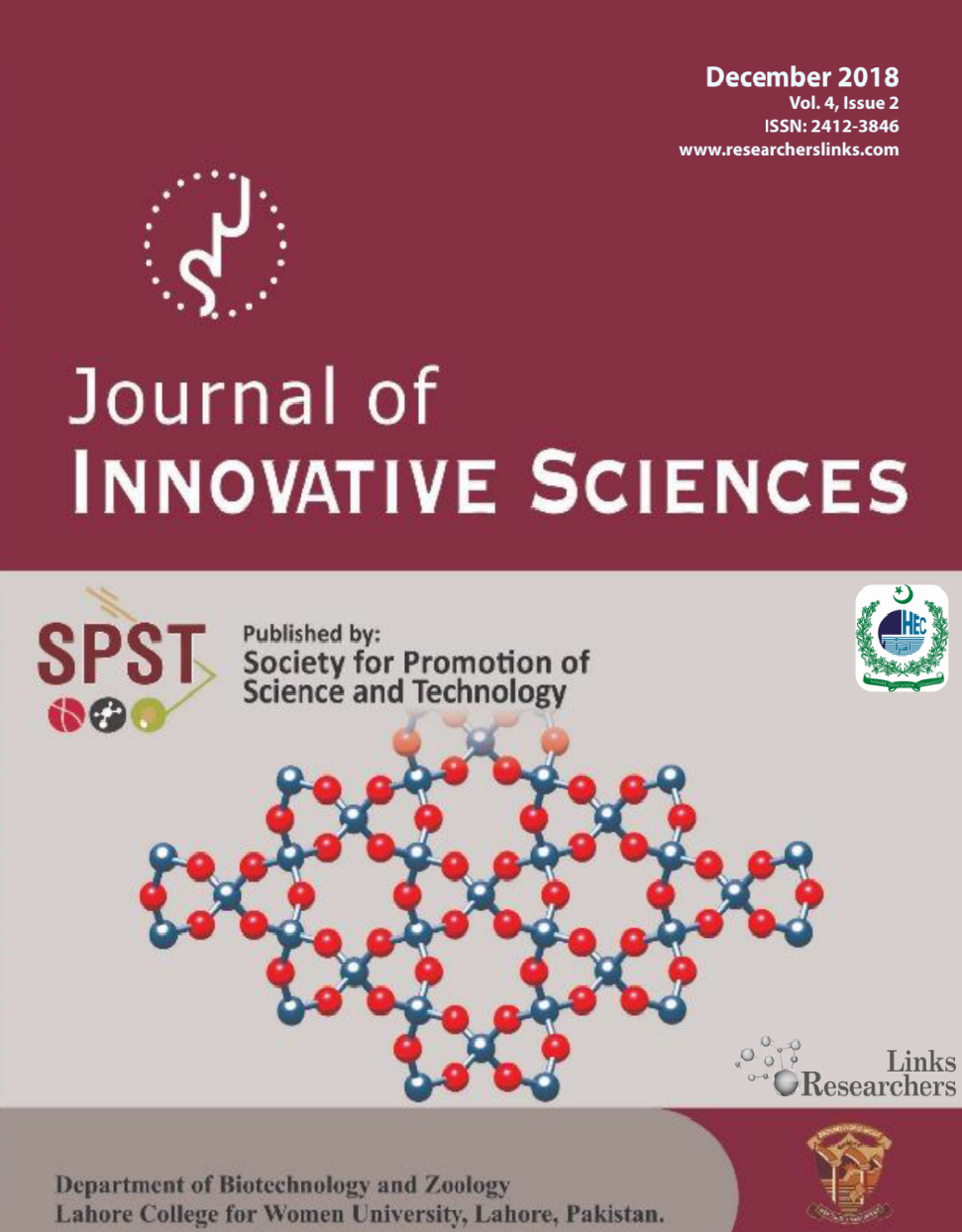SOLID STATE FERMENTATION OF ASPERGILLUS NIGER FOR CITRIC ACID PRODUCTION USING AGRICULTURE RESIDUE AS SUBSTRATE
SOLID STATE FERMENTATION OF ASPERGILLUS NIGER FOR CITRIC ACID PRODUCTION USING AGRICULTURE RESIDUE AS SUBSTRATE
SOLID STATE FERMENTATION OF ASPERGILLUS NIGER FOR CITRIC ACID PRODUCTION USING AGRICULTURE RESIDUE AS SUBSTRATE
*Irum Javed1, Muhammad Asgher2, Sadia Noreen1, Humara Naz Majeed1 and Tanzila Sahar1
ABSTRACT
In recent years, the demand for citric acid production has been increased due to its application in various advanced medical fields, which can only be fulfilled by biotechnological fermentation using agro-industrial wastes. It is a bidirectional beneficial process for cost effective manufacturing of citric acid and management of agro-industrial waste products. This project was carried out in order to evaluate the enhanced production of citric acid by Aspergillus niger using agro-industrial wastes. In the first step of study the liquid state fermentation (LSF) and solid state fermentation (SSF) by Aspergillus niger was compared using molasses based medium and the different carrier substrate. In a second set of study wheat bran was utilized for citric acid production via fermentation parameters was optimized. The results showed significant (P≤ 0.05) difference among LSF and SSF and between different substrates in LSF and SSF. Wheat bran showed significantly increased (P≤ 0.05) production of citric acid (P= 0.001) compared to other carrier substrates used through SSF. It was observed that 4.5 pH, 60 % moisture content, 5ml/5g inoculum size and 30oC temperature, are the initial requirements for maximum production of citric acid. It was also observed that Yeast extract in 1% concentration was the best nitrogen source. Surfactants like Tween 80 and sodium dodecyl sulphat (SDS) showed no effect on the citric acid.
To share on other social networks, click on any share button. What are these?




